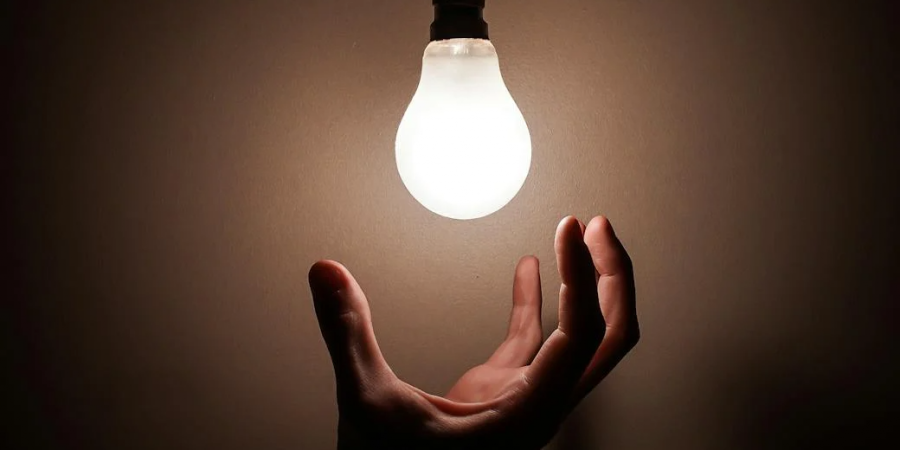

Thinking of summer, we are not only scared of the heat but also the electricity bill. However, like we can beat the heat, we can also beat the electricity bill. By following some simple tips, we can reduce the electricity bill to some extent.
First and foremost, it's essential to remember to switch off electrical appliances when they're not in use. By doing so we can cut down our electric bills to some extent. Often, we're careless about leaving appliances like ovens, mixer grinders, and induction stoves powered on unnecessarily. The convenience of remote controls has made us even lazier about turning off the main power. After finishing our favorite show or an IPL cricket match, we get engrossed in discussions with family members and completely forget to switch them off. Similarly, we tend to leave air conditioners, heaters, ceiling fans, and lights on without realizing it.
Purchase electric appliances with a 5-star rating. Stars on the label indicate the efficiency of the product. The higher the star rating, the higher the efficiency, resulting in lower energy consumption and ultimately reducing the electric bill.
Dry clothes using natural sunlight rather than relying on dryers, as dryers consume more power. Typically, dryers use between 1800 to 5000 watts per hour, whereas washing machines use between 350 to 500 watts per hour, depending on the brand, model, capacity, and energy efficiency rating.
The house is filled with bulbs, making it inevitable to switch to LED bulbs. LED bulbs consume less energy and provide more light. There's no need for further consideration; it's time to get LED bulbs for your home and office, and you can even recommend them to everyone you care about.
Washing your clothes in cold water can help you save money on your electricity bill because cold water uses less energy than hot water, thereby reducing your water heating expenses as well.
To use your fridge efficiently and reduce power consumption, maintaining the proper temperature is crucial. The fridge should be set between 35 to 38 degrees Fahrenheit, while the freezer should be kept at 0 to 5 degrees Fahrenheit. Avoid placing hot items directly into the fridge, as this requires more energy to maintain the desired temperature. Allow hot food to cool completely before storing it in the fridge.
"I haven't mentioned insulating the roof, installing solar panels, or using a thermostat, all of which are beneficial investments. However, not everyone can afford these upgrades. If you're willing to make some investment, consider these options, weighing their pros and cons carefully. Remember, it's your hard-earned money, so choose wisely."


